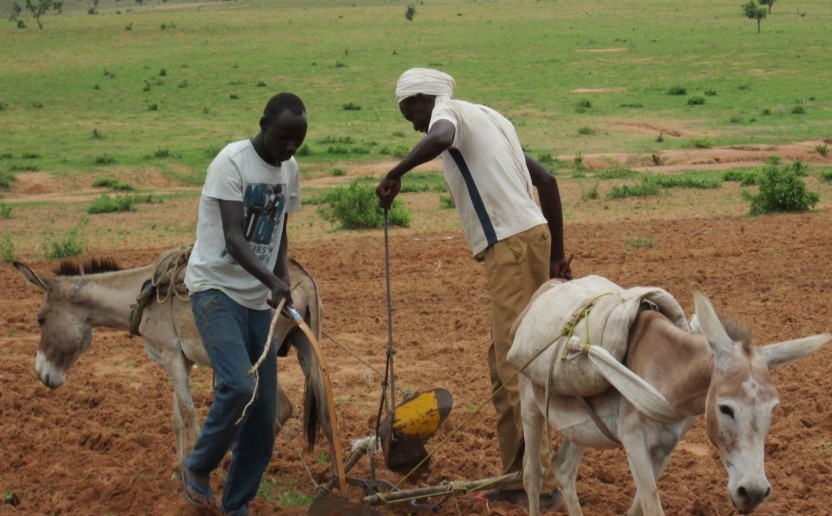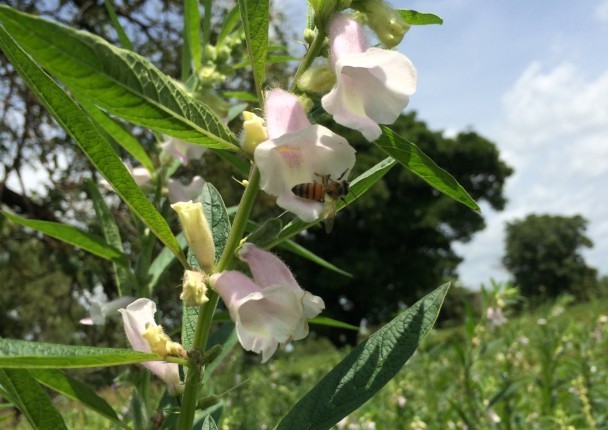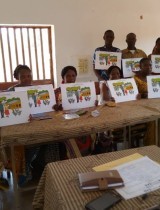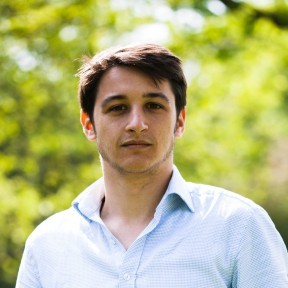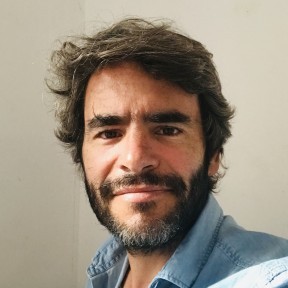MALUX 2 - Technical assistance for LuxDev on trade and funding for producers' organisations on sesame, rice and fonio
Partners
Main goals
Strengthen the commercial support of the MLI/021 program for the benefit of actors of the sectors
Specific objectives
- Support the emergence of the sesame sector through the strengthening of stakeholders on product standards and requirements, information and communication on the product market
- Conduct an economic analysis and develop a viable business model for ARPASO on rice
- Monitor and evaluate the financial intermediation mechanism implemented by AMASSA with FOs and MPEs (Micro and Small Enterprises) of MLI/021 and MFIs (Micro Finance Institutes) on rice, sesame and fonio
Beneficiaries
Actors of the sesame sector in Mali
Results
R1. Training modules on sesame quality and the functioning of the international sesame market are produced for the specific context of the sesame sector in the six MLI/021 intervention circles, the trainers of AOPP and AMASSA are trained in the use of these materials, a training program is set up to enable the training of 2000 sesame producers targeted by the MLI / 021 program.
R2. The telephone contacts of all beneficiaries of the MLI/021 Program (50 POs, 20 MEPs, 10 seed companies, 2000 individual producers, etc.) are collected and all beneficiaries receive one SMS per week during two campaigns of 21 weeks each (2018-2019 campaign and 2019-2020 campaign).
R3. One or more economic models for the trading of ARPASO's rice production are designed and detailed in a report.
R4. A restitution workshop is organized and allows the validation of an economic model by ARPASO, LuxDev and the other partners of ARPASO on rice, fonio and sesame. Following this validation, an implementation plan is defined with the different partners.
R5. Six synthetic monitoring notes showing the progress of the device are produced every two months.
R6. An evaluation and capitalization report on the implementation of the device in the framework of the MLI/021 program is produced and shared with all the actors involved in the mechanism. This report includes recommendations for improving the device for future marketing campaigns.
Activities
A1. Production of training / communication tools
A2. raining of trainers on:
i) the international sesame market
ii) health standards
iii) the use of information from the N'kalô Service
A3. Weekly SMS broadcast on the sesame market: 1 message/week to 2000 producers for 42 weeks
A4. Literature Review
A5. Field visits and surveys
A6. Definition of 1 or 2 viable business models
A7. Workshop presentation and validation of the study (return mission / 3-day workshop)
A8. Periodic monitoring of the marketing financing mechanism AMASSA / SOS Faim
A9. Evaluation and capitalization mission for the first year of implementation of the plan
Related people
Pierre Ricau
Holder of a Master Degree in "Agricultural Development and Economic Policies" from the Institute of Development Studies (IEDES), Paris 1 Panthéon Sorbonne University and AgroParisTech. He brings his expertise in agricultural market analysis (especially cashew, sesame, shea, cocoa, hevea, corn, rice and onion), development of agro-food sectors, training engineering and consultancy on public agricultural/agro-industrial policies
See moreLéo Godard
Agronomist with a degree from the French National School of Agricultural Science and Engineering of Toulouse (INP ENSAT), he works on the analysis of agroindustrial projects and provide consultancy for promoters and investors of agro value chains. He also provides technical assistance and consultancy for small to large scale agricultural to switch to organic or regenerative practices
See moreMatthieu Tiberghien
Holder of a Master's degree in Management from the Paris-Dauphine University and a Master in "Social Policies and Planning in developing Countries" from the London School of Economics, he brings his expertise in project building and project management in renewable energy, REDD+, technical engineering, economic and financial due diligence, business development, strategic partnerships, fundraising and human ressources management
See moreMALUX - Study on market dynamics and tr…
